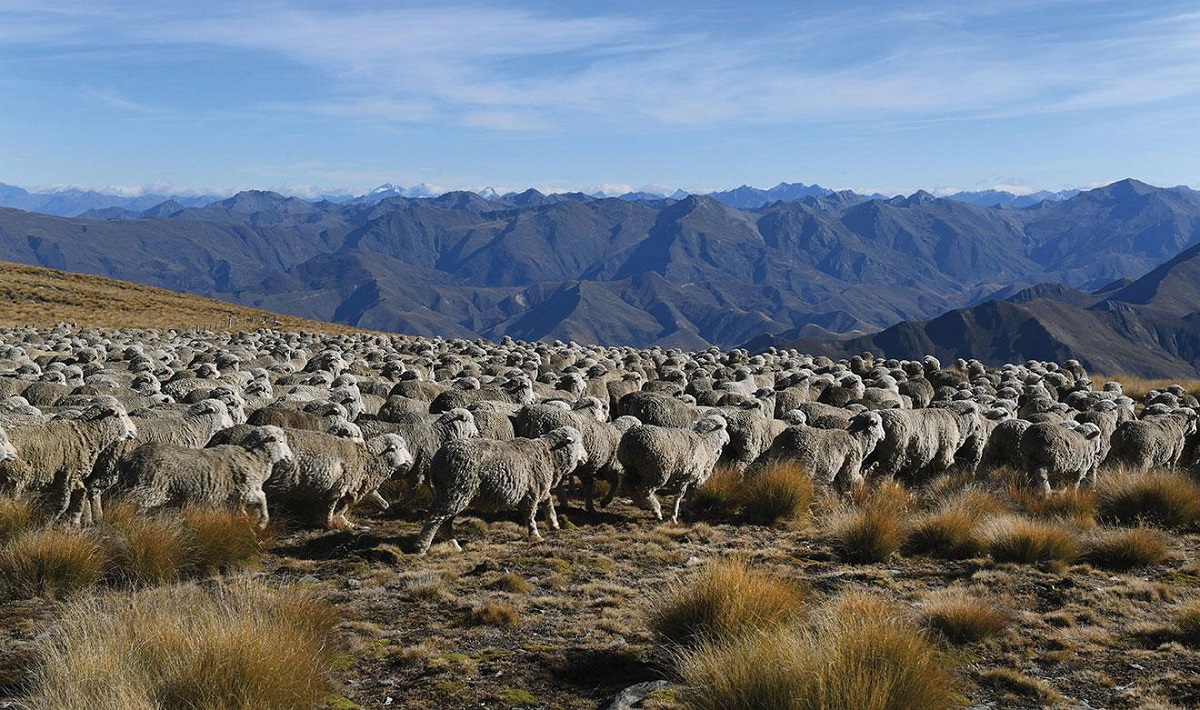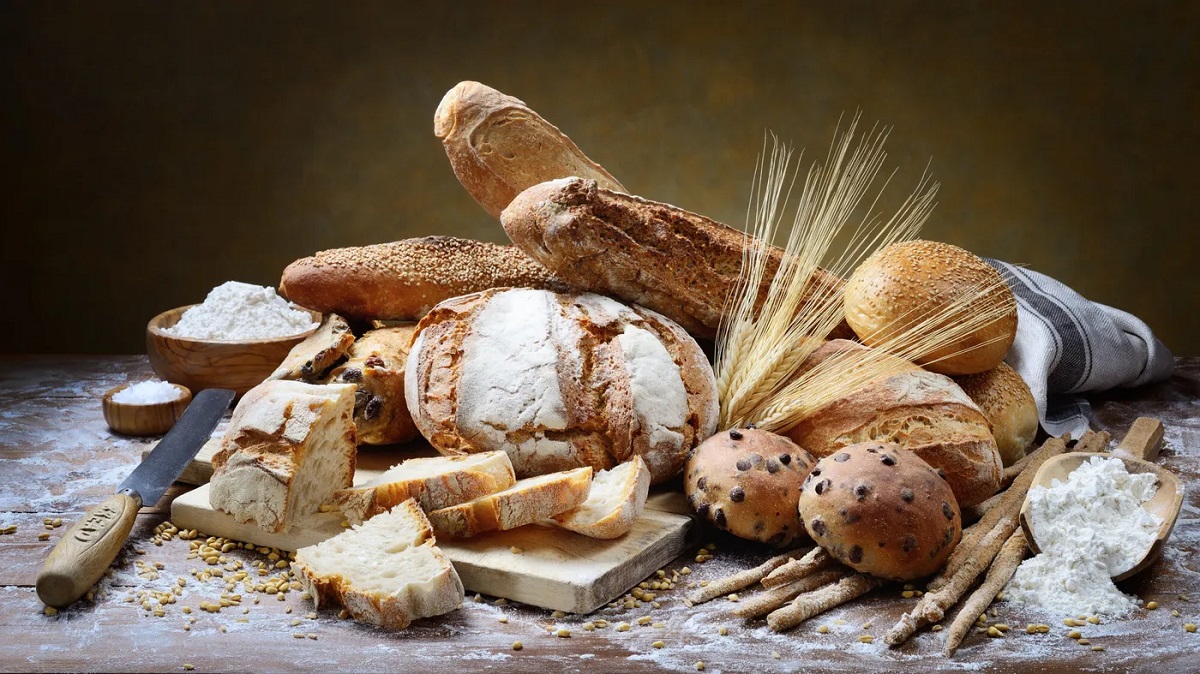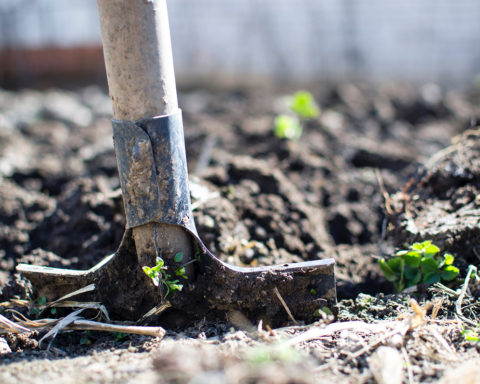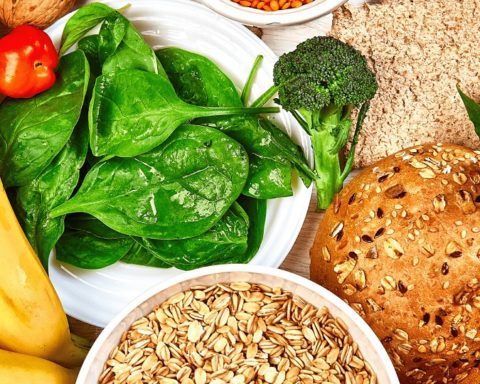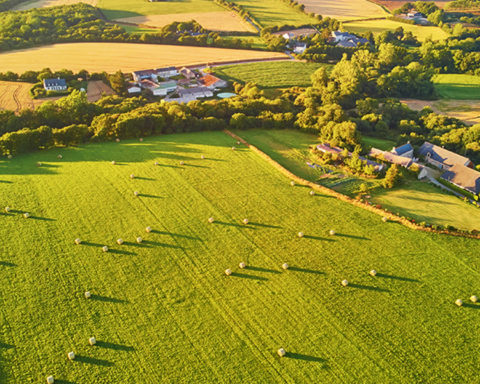Comment l’agriculture urbaine doit-elle être intégrée dans la planification de la ville durable de demain ? Comment les projets d’agriculture urbaine sont-ils bénéfiques à cette planification, de quelles manières doivent-ils être intégrés ? Quelles sont les limites à la mise en place de ces projets ?… L’ensemble de ces points est abordé dans le livre blanc « Plan de relance de l’agriculture urbaine ». Cet ouvrage entend démontrer comment l’agriculture urbaine doit être considérée comme le bras armé de la planification écologique des villes à bien des égards. Publié par Merci Raymond – entreprise écoresponsable précurseur dans la végétalisation et l’agriculture urbaine (1) ce livre blanc contient plusieurs études de cas (des succès et des échecs).
Les avantages de l’agriculture urbaine sont indéniables, ils sont d’ordre écologique, social et pédagogique : création de lien social, reconnexion au vivant, préservation de la biodiversité, création d’espaces verts, dépollution des sols… ; elle permet de faire face à certains enjeux de planification urbaine et de lutte contre l’étalement urbain avec un développement de ces projets limité car ils ne sont pas intégrés aux stratégies globales de transition écologique urbaine, en raison de limites techniques, environnementales et de gouvernance. Les outils possibles pour l’intégration de l’agriculture urbaine dans les politiques publiques passe par la mise en place de financements spécifiques, adaptation du PLU, les SCOT et les PAT…
Le travail de recherche de ce livre blanc s’attache donc à comprendre comment l’agriculture urbaine peut être intégrée dans la planification de la ville durable de demain. Pour cela, il faut d’abord montrer les bénéfices de ces installations pour la ville et ses citadins. Ceux-ci sont nombreux, autant d’un point de vue écologique, mais aussi pédagogique, de création de lien social et d’intégration, mais aussi pour adapter la ville à de nouveaux enjeux comme la désindustrialisation ou la réduction de l’artificialisation.
Néanmoins, force est de constater que l’agriculture urbaine n’est pas réellement intégrée dans la planification de la ville. Les projets se développent encore à des échelles limitées. Pour comprendre les raisons de cette observation, il faut en exposer ces limites. Elles sont nombreuses : limites écologiques, techniques mais aussi et surtout économiques et juridiques.
Dans ce mémoire, ces différentes limites sont illustrées par des exemples d’échecs de projets d’AU. Ainsi, l’analyse propose, après une étude internationale d’intégration de l’AU dans la planification urbaine, des solutions pour encourager le développement de l’AU dans la fabrique de la ville, en s’appuyant sur les bienfaits qu’elle propose pour la durabilité de la ville, tout en cherchant à dépasser les limites détaillées. Ces solutions résident dans une gouvernance « par le bas », par la formation des élus au choix de projets durables et impactants, dans le soutien de projets esthétiques et inclusifs, par de nouvelles méthodes de financements, mais aussi et surtout par une révision des dispositifs juridiques existants, comme les PLU.
Cette étude se présente alors comme une synthèse et une analyse de documents académiques permettant d’évaluer l’impact de l’agriculture urbaine sur la planification urbaine, d’un point de vue géographique, économique, écologique ou encore sociologique.
L’étude comparée, pluridisciplinaire et internationale de travaux académiques sur l’agriculture urbaine a permis de lister les bienfaits de cette pratique pour la planification de la ville durable, mais aussi les facteurs limitants de son développement ces dernières années. Ces documents académiques ont été validés, complétés, ou nuancés par les entretiens menés auprès d’acteurs français spécialistes du domaine. Cette étude approfondie de la discipline, accompagnée par des études de cas de projets dans le monde entier, a permis de lister un certain nombre de solutions.
Ainsi, pour réellement intégrer l’agriculture urbaine dans la planification de la ville durable de demain, il faut soutenir une agriculture urbaine inclusive, esthétique, mais aussi modifier les outils juridiques et les soutiens financiers économiques existants pour mieux les adapter aux spécificités de la pratique, énoncées dans cette étude.
Ces recommandations sont restées globales car chaque planification est propre au territoire, et l’importance de soutenir des projets d’AU “par le bas” montrent bien que chaque recommandation doit être adaptée aux contextes locaux. Une poursuite des interrogations de cette étude dans les prochaines années pourrait être d’analyser l’impact du PLU bioclimatique sur le développement de projets d’AU : cette récente initiative est-elle alors vectrice d’une meilleure intégration de projets durables d’agriculture urbaine ?
Livre blanc accessible sur le site Merci Raymond
(1) Créée en 2015, Merci Raymond est une entreprise écoresponsable spécialisée dans la (re)végétalisation en ville et le développement de l’agriculture urbaine. Avec le Grand Paris comme premier terrain d’application et un premier bureau en région installé à Marseille début 2022 puis à Bordeaux, Merci Raymond rayonne désormais à l’échelle de la France. Depuis sa création, Merci Raymond a réalisé plus de 700 projets, stimulé 25 000 mains vertes, et a planté plus de 150 000 végétaux. Parmi ses réalisations les plus emblématiques : la végétalisation des espaces de coworking Wojo, la création du 1er cube végétal dédié à la déconnexion naturelle à Station F, le projet de la Green Borne à Grigny dans l’Essonne, la végétalisation de 3000m2 de toits productif au siège de Metal 57 – BNP Paribas, l’aménagement paysager pour réintroduire la biodiversité à l’Hôtel Rosalie… ainsi que plusieurs projets dans le cadre d’appels d’offre publics, tels que Réinventer Paris 2, Parisculteurs « Houblon » saison 2, Parisculteurs saison 3. Merci Raymond a par ailleurs reçu récemment deux Trophées de l’Agriculture Urbaine et a publié un ouvrage aux éditions Hachette en 2019 : « Tous acteurs de la Révolution Verte ».


